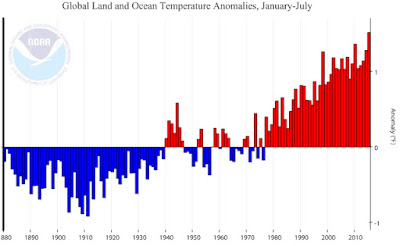13 November 2015, Climate News Network, Global warming drains the water of life. Melting snowpack in Turkey’s Lesser Caucasus mountains. New research warns that rising temperatures are reducing the mountain snow on which billions of people in lowland areas depend for their water supply. Up to two billion people who depend on winter snow to deliver their summer water could see shortages by 2060 as upland and mountain snowpacks continue to dwindle. An estimated 300 million people could find, 45 years on, that they simply won’t have enough water for all their needs, according to new research. Climate change driven by rising atmospheric levels of carbon dioxide – in turn, fed by human combustion of fossil fuels – may already be affecting global precipitation. Researchers have consistently found that much of the world’s drylands will increase as global average temperatures rise. But warmer temperatures increasingly also mean the water that once fell as snow, to be preserved until the summer, now falls as winter rain, and runs off directly. The snow that does fall is settling at ever higher altitudes and melting ever earlier. Reliable flow This is bad news for agricultural communities that depend on a reliable flow of meltwater every summer. California is already in the grip of a sustained drought, made worse by lower falls of snow. Great tracts of Asia depend on summer meltwater from the Himalayan massif and the Tibetan plateau. Justin Mankin, an environmental scientist at Columbia University’s Earth Institute in the US, and colleagues report in Environmental Research Letters journal that they studied 421 drainage basins across the northern hemisphere. Read More here

